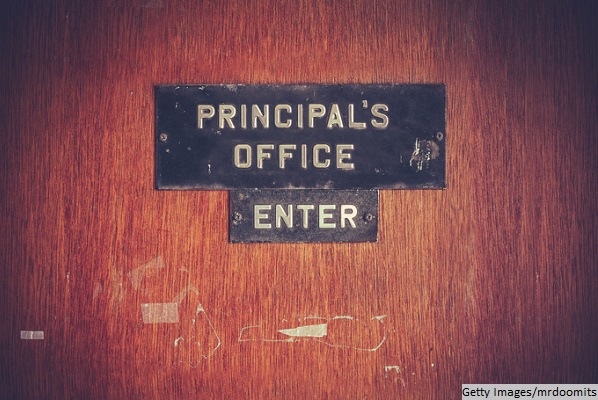Autor: Michael J. Petrilli
Estados unidos/Julio de 2016/ education next
Resumen: En la Conferencia Nacional de Escuelas Charter de la semana pasada, el secretario de Educación John King retó operadores de la carta de los Estados Unidos a reconsiderar su enfoque de la disciplina y «liderar el camino en la reflexión y crecimiento profesional.» A pesar de que he frecuentemente expresado mis preocupaciones acerca de la prisa por reformar en el enfoque de la nación con la disciplina escolar. Ayudar a las escuelas autónomas a examinar y mejorar sus prácticas de disciplina es digna de elogio; haciéndolos cambiar su enfoque a través de dictados de arriba hacia abajo no lo es.
At the National Charter Schools Conference last week, Secretary of Education John King challenged U.S. charter operators to rethink their approach to discipline and “lead the way on professional reflection and growth.” Though I’ve frequently expressed my worries about the rush to reform the nation’s approach to school discipline, the secretary’s comments were measured and constructive. I was particularly struck by his insistence that there not be any “hard and fast rules or directives.” (He might want to share the speech with his own Office for Civil Rights, which could be renamed the Office for Hard and Fast Rules and Directives.)
Helping charter schools examine and improve their discipline practices is praiseworthy; making them change their approach via top-down dictates is not. (Though I’m really talking about suspensions; expulsions are a different matter, as we do need to worry about open-enrollment public schools pushing kids out.) In my view, it’s totally inappropriate for regulators—especially the feds, but also school authorizers—to get heavy-handed on the suspensions issue, for at least five reasons:
1. The school discipline data collected by the Office for Civil Rights are notoriously fishy; attaching stakes to them will make them even more so because people work to report the data they prefer rather than reality.
2. There’s a big risk that discouraging schools from suspending kids will result in more disorder in the classroom (though in-school suspensions could keep that from happening).
3. More disorder is disastrous for all kids, but especially poor children of color. They make up the vast majority of the nation’s charter school population and have not a minute to spare if they are going to have a shot at college and career readiness.
4. More disorder is expressly not what most parents want when they choose charters (or any schools, for that matter).
5. Because school discipline is so nuanced and so deeply embedded in a school’s culture and practices, it’s precisely the type of issue where charter schools are supposed to have autonomy.
There’s a reasonable case, then, for simply making suspension data transparent to the public and to parents, who can decide which schools to shun and which to patronize. But I’m worried about how it has played out in Washington, where the D.C. Public Charter School Board (DCPCSB) has asked schools to “defend” their suspension numbers. To charters that suspend a high percentage of students, that means dragging their boards in front of DCPCSB for what feels like a Star Chamber proceeding. That sure feels like an effort to change their behavior.
Why is that OK? Why not interrogate them over their curriculum choices too, or their class sizes, or their teacher evaluation systems?
As Jay Greene argued the other day, these kind of authorizer practices resemble those of the bureaucracies that have long stifled traditional public schools. It represents a peremptory attitude and impinges on autonomy and parental choice.
The students who will lose are the poor kids of color who come to school wanting to learn, follow the rules, and work hard. For decades, our big city districts have said to them, “You are not our priority.” I don’t want charter schools to do the same.
* * *
So that’s my take. But what do others think? In the coming days, we will publish reactions to Secretary King’s speech by practitioners and policy analysts involved in the charter school movement. If you’d like to sound off on charter discipline, shoot me a note. Here’s hoping for a constructive dialogue.
—Mike Petrilli
Foto: http://educationnext.org/files/ednext-blog-july16-petrilli-principal.jpg
Fuente: http://educationnext.org/should-charter-schools-be-pressured-to-reduce






 Users Today : 40
Users Today : 40 Total Users : 35459946
Total Users : 35459946 Views Today : 46
Views Today : 46 Total views : 3418511
Total views : 3418511